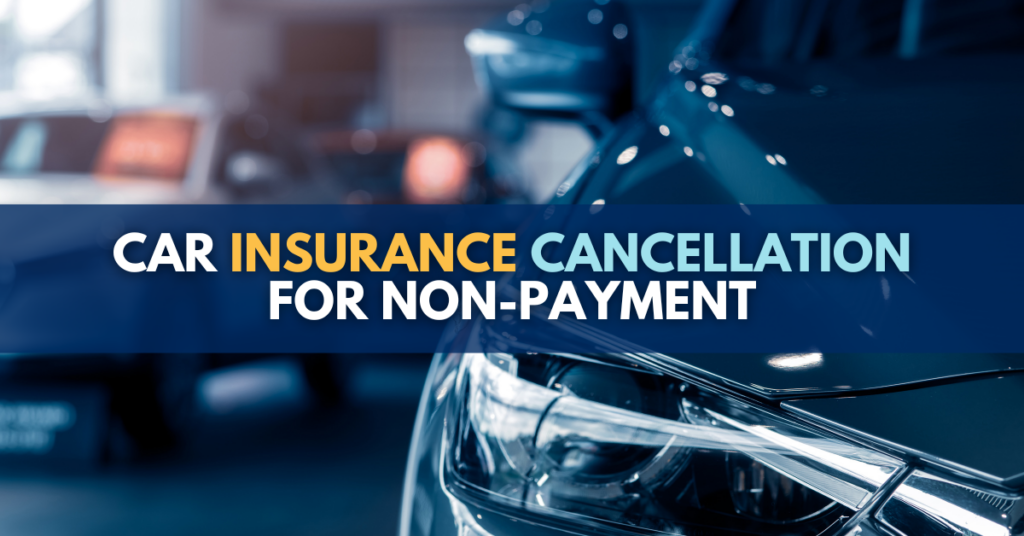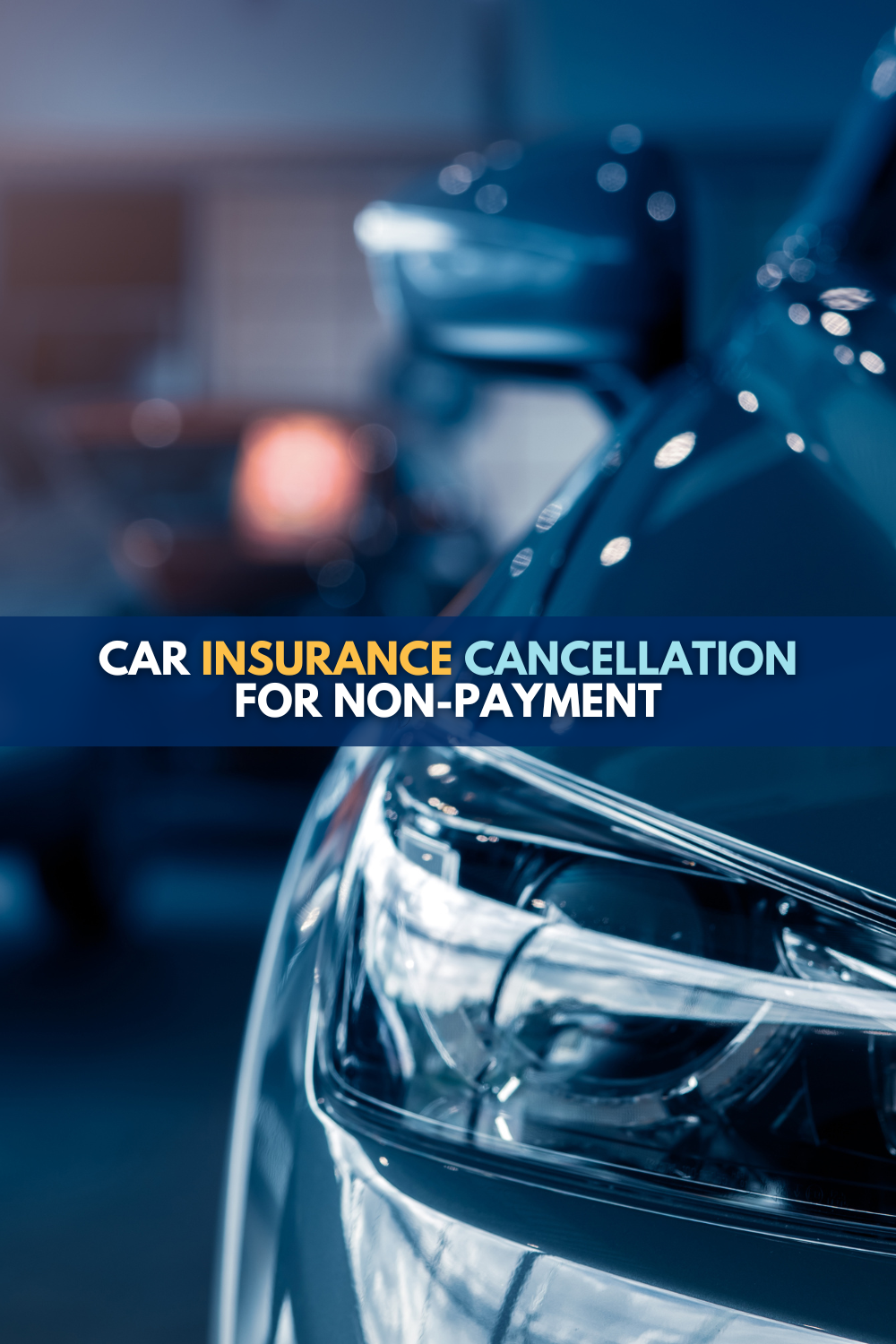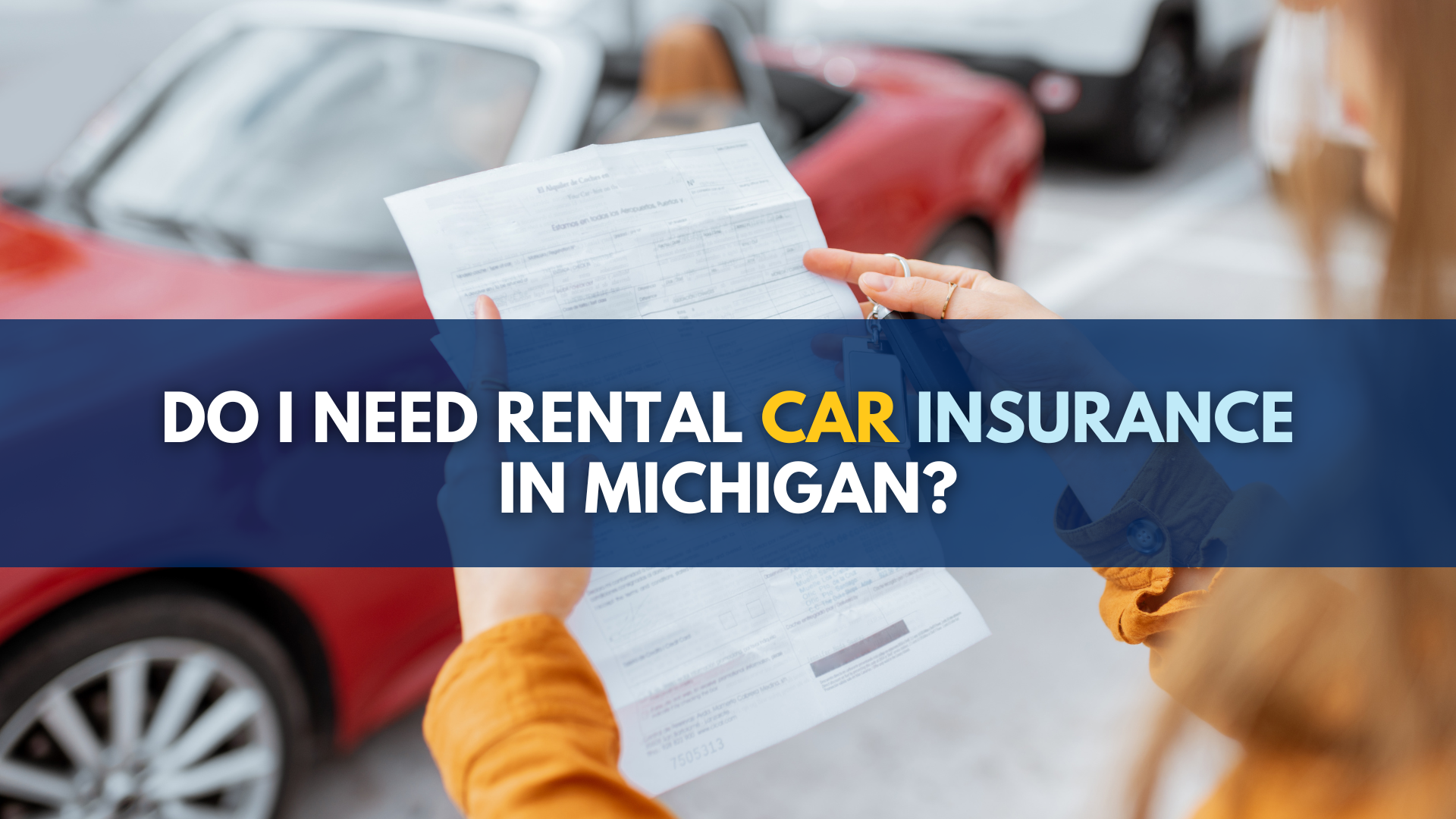
Michigan’s law for car insurance cancellation for non-payment provides important protection for drivers who may be at risk of being denied No-Fault insurance coverage due to nonpayment.
Specifically, under Michigan law regarding car insurance cancellation for non-payment, if an insurer doesn’t provide the legally required 10-day notice of cancellation after the nonpayment has occurred, then it cannot lawfully cancel a person’s policy and coverage will continue either until the person pays his or her premium or until the insurer issues a proper notice.
This protection is invaluable for a driver who have been injured in a car accident and his or her insurer is trying to avoid paying No-Fault benefits by claiming that it does not have to provide coverage because the driver’s policy had been cancelled due to nonpayment of premiums.
What is Michigan’s car insurance cancellation for non-payment law?
A Michigan No-Fault auto insurance company can cancel an insured’s policy for No-Fault coverage due to non-payment of premiums, but only if the policy contains – and the insurer complies with – the following cancellation requirements:
“[T]he policy may be canceled at any time by the insurer by mailing to the insured at the insured’s address last known to the insurer or an authorized agent of the insurer, with postage fully prepaid, a not less than 10 days’ written notice of cancellation . . .” (MCL 500.3020(1)(b))
Significantly, the Michigan Insurance Code also provides further clarification on the law regarding car insurance cancellation for non-payment stating that cancellation due to nonpayment of premiums “is without prejudice to any claim originating before the cancellation.” (MCL 500.3020(5))
How is Michigan’s law on car insurance cancellation for non-payment applied when a person hasn’t paid her insurance bill?
Michigan courts are very particular about the law regarding car insurance cancellation for non-payment, specifically as to how and when auto insurers can use the “notice of cancellation” provision to avoid paying No-Fault benefits to a car accident victim who may have inadvertently missed paying an insurance premium on time.
In Yang v. Everest National Insurance Company, the Michigan Supreme Court slammed the brakes on Everest’s attempt to use this tactic to save money by avoiding paying out No-Fault benefits it owed.
On October 9, 2017, Everest sent Wesley Yang a notice of cancellation for his Michigan car insurance for non-payment, informing Yang that if he didn’t pay his premium by October 26, 2017, then his policy and coverage would be cancelled the next day.
Yang didn’t make the payment and “Everest terminated the policy for nonpayment of the premium on October 27, 2017.”
Subsequently, Yang and his wife were struck by a car while walking down the street on November 15, 2017, for which they filed a claim for No-Fault benefits with Everest.
Everest denied the claim, insisting “it was not responsible for PIP benefits because Yang did not have a valid no-fault insurance policy when the accident occurred” because “Yang’s policy had been cancelled before the crash . . .”
The Michigan Supreme Court disagreed, concluding that Everest’s October 9th letter announcing that it would cancel Yang’s insurance for non-payment after October 26th “was not a valid cancellation notice because it did not satisfy MCL 500.3020(1)(b).”
In a unanimous opinion, the justices ruled that MCL 500.3020(1)(b) of the Insurance Code does not allow an auto insurance company to cancel a driver’s Michigan car insurance policy for non-payment of premiums by mailing “its customer a letter purporting to be a notice of cancellation for nonpayment of insurance premiums before any nonpayment actually occurred.”
The justices stated: “We hold that under MCL 500.3020(1)(b), a cancellation notice is effective only if it is peremptory, explicit, and unconditional. In this case, because Everest’s letter provided that cancellation was conditioned on Yang’s failure to pay his insurance premiums, the letter was ineffective as a notice of cancellation.”
What’s the takeaway lesson?
Everyone needs to remember that when it comes to car insurance cancellation for non-payment in Michigan, an auto insurer must follow the law.
This means waiting until non-payment has actually occurred before sending a “notice of cancellation” in an effort to cancel a policy and, thus, leave a person without coverage in the event of a crash.
This also means that a threatened cancellation for non-payment is not valid unless the person has received a written notice of “not less than 10 days.”
Injured in a car accident in Michigan? Call Michigan Auto Law now!
If you were injured in a car accident in Michigan, call now (800) 968-1001 for a free consultation with one of our experienced car accident lawyers. There is no cost or obligation. You can also visit our contact page or use the chat feature on our website.
Michigan Auto Law is Michigan’s largest and most successful law firm that specializes exclusively in helping people who have been injured in auto accidents.
Our secret? Our car accident lawyers deliberately handle fewer cases than other personal injury law firms. This allows us to focus more time and attention on our cases.
Unlike other law firms, our auto accident attorneys are never too busy to promptly return phone calls and answer questions.
We have more than 2,000 5-Star Reviews that reflect this care and attention to detail.
More importantly, this client-focused approach leads to better and faster settlements for our clients. Michigan Auto Law has recovered more million-dollar settlements and trial verdicts for motor vehicle accidents than any other lawyer or law firm in Michigan. We’ve also recovered the highest ever reported truck accident and car accident settlement in the state.
Call now so we can start making a real difference for you.



